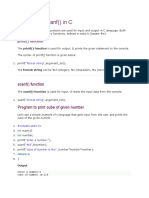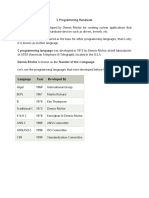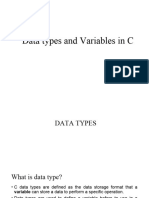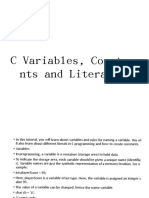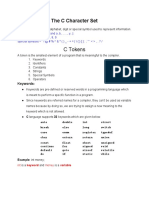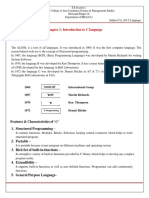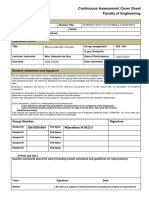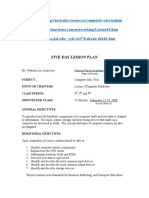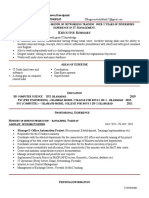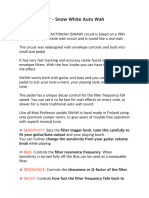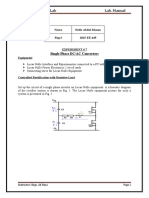0% found this document useful (0 votes)
6 views29 pagesW03S01-TipeData Variable and String
Uploaded by
kisjo.official0411Copyright
© © All Rights Reserved
We take content rights seriously. If you suspect this is your content, claim it here.
Available Formats
Download as PDF, TXT or read online on Scribd
0% found this document useful (0 votes)
6 views29 pagesW03S01-TipeData Variable and String
Uploaded by
kisjo.official0411Copyright
© © All Rights Reserved
We take content rights seriously. If you suspect this is your content, claim it here.
Available Formats
Download as PDF, TXT or read online on Scribd
/ 29






